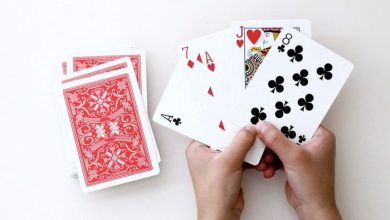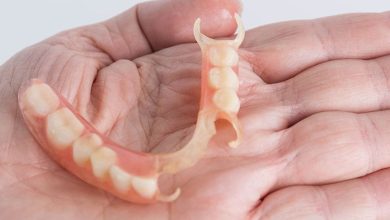Reasons For Memory Loss And Its Remedy


Memory loss is a problem that affects most people, to a degree.
You may not be able to remember new events, recall one or more memories of the past, or both.
The memory loss may be for a short time and then resolve (transient). Or, it may not go away, and, depending on the cause, it can get worse over time.
In severe cases, such memory impairment may interfere with daily living activities.
Whether it’s occasional forgetfulness or loss of short-term memory that interferes with daily life, there are many causes of memory loss.
Table of Contents
Here Are Some Causes Of Memory Loss
Normal aging can cause some forgetfulness. It is normal to have some trouble learning new material or needing more time to remember it.
But normal aging does not lead to dramatic memory loss. Such memory loss is due to other diseases.
Memory loss can be caused by many things. To determine a cause, your health care provider will ask if the problem came on suddenly or slowly.
Many areas of the brain help you create and retrieve memories. A problem in any of these areas can lead to memory loss.
Memory loss may result from a new injury to the brain, which is caused by or is present after:
- Brain tumor
- Cancer treatment, such as brain radiation, bone marrow transplant, or chemotherapy
- Concussion or head trauma
- Not enough oxygen getting to the brain when your heart or breathing is stopped for too long
- Severe brain infection or infection around brain
- Major surgery or severe illness, including brain surgery
- Transient global amnesia (sudden, temporary loss of memory) of unclear cause
- Transient ischemic attack (TIA) or stroke
- Hydrocephalus (fluid collection in the brain)
- Multiple sclerosis
- Dementia
Sometimes, memory loss occurs with mental health problems, such as:
- After a major, traumatic or stressful event
- Bipolar disorder
- Depression or other mental health disorders, such as schizophrenia
Memory loss may be a sign of dementia. Dementia also affects thinking, language, judgment, and behavior.
Common types of dementia associated with memory loss:
- Alzheimer disease
- Lewy body dementia
- Fronto-temporal dementia
- Progressive supranuclear palsy
- Normal pressure hydrocephalus
- Creutzfeldt-Jakob disease (mad cow disease)
Other causes of memory loss include:
- Alcohol or use of prescription or illegal drugs
- Brain infections such as Lyme disease, syphilis, or HIV/AIDS
- Overuse of medicines, such as barbiturates or (hypnotics)
- ECT (electroconvulsive therapy) (most often short-term memory loss)
- Epilepsy that is not well controlled
- Illness that results in the loss of, or damage to brain tissue or nerve cells, such as Parkinson disease, Huntington disease, or multiple sclerosis
- Low levels of important nutrients or vitamins, such as low vitamin B1 or B12
Coping with Your Own Memory Loss
If your memory is not as sharp as it once was, a few simple adjustments can help you with your daily activities.
- Use lists for chores.
- Keep a checklist of medications and when they should be taken. Some people find “pill sorters” helpful. You can purchase these at your local pharmacy, and they will help you remember whether or not you took your medication.
- Keep your address book and calendar up to date.
- Keep your home organized and easy to manage.
- Be socially active and engage in hobbies you enjoy.
- If your memory loss is progressing or becoming severe, make an appointment with your doctor. Ask someone you trust to go with you.
Coping with a Loved One’s Memory Loss
Watching someone you love struggle with memory loss can be difficult. Depending on the severity of their condition, there are many ways you can help. For example:
- Encourage them to visit their doctor if their memory loss is interfering with their daily functioning. Go with them to the appointment.
- Keep a checklist of their medications and when they should be taken.
- Help them update their address book and calendar.
- Help them organize their home.
- Keep important items in plain sight.
- Use sticky notes around the house as reminders of how to perform tasks.
- Encourage them to remain socially active.
- Use photographs and familiar belongings to spark memories.
- Arrange to have someone help in the home. If memory loss is severe, investigate home health care, assisted living and memory care facility, or nursing home options.
- Be patient. Don’t take someone else’s memory loss personally remember that they can’t help it.
For any important information please contact us Email GadgetsNg info@gadgetsng.com
[Button id="1"]




indianpharmacy com https://indiaph24.store/# indian pharmacy online
top online pharmacy india